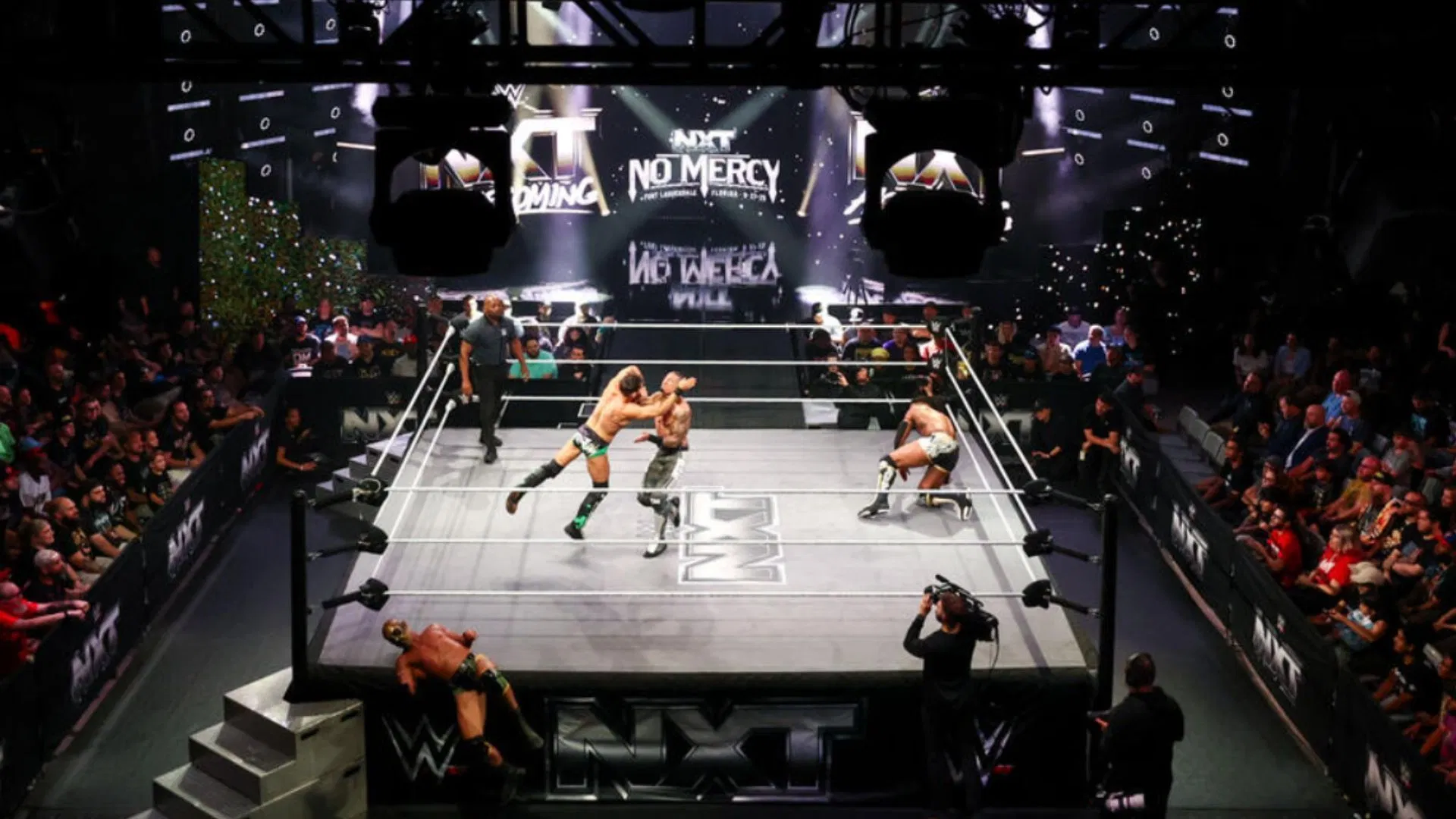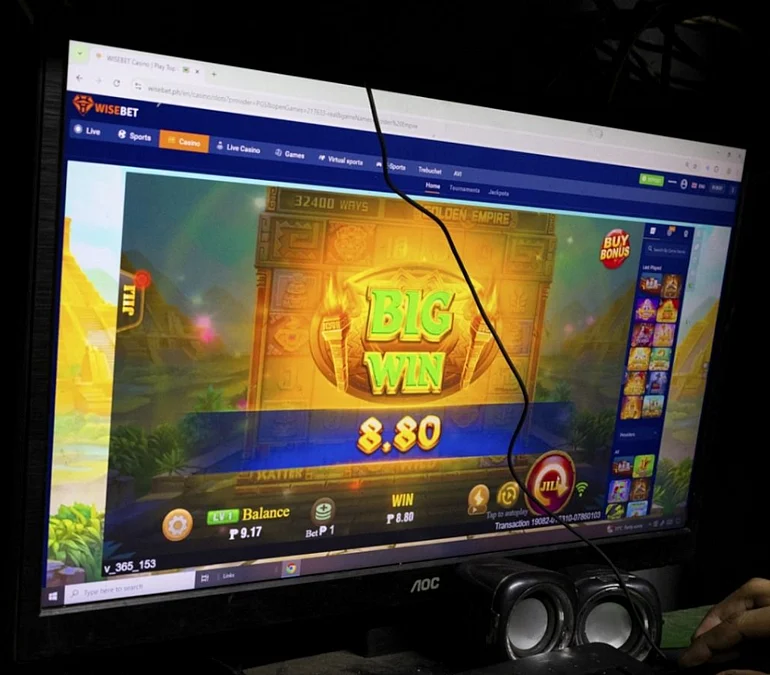
The Federal Trade Commission sued Live Nation and Ticketmaster on Thursday, alleging that the companies tacitly worked with scalpers to profit from jacking up ticket prices on the secondary market.
As the FTC alleged in a press release, Ticketmaster’s years of turning a blind eye to scalpers violated the FTC Act and the Better Online Ticket Sales Act, costing customers “billions in inflated prices and additional fees.” Further, artists’ efforts to keep event costs low were repeatedly frustrated by executives’ greedy bid to drive Ticketmaster revenue by reaping as many additional fees as possible, the FTC alleged.
Rather than blocking scalping, Ticketmaster allegedly provided tech support to help so-called brokers exceed “fake” ticket limits that seemingly only applied to genuine customers buying tickets to see events.
The FTC’s investigation revealed that five of the biggest brokers controlled thousands of fake or purchased Ticketmaster accounts buying hundreds of thousands of event tickets and making it impossible for fans to “have a shot at buying fair-priced tickets,” FTC chair Andrew Ferguson said.
From 2020 to 2024, just one broker known to Ticketmaster managed more than 13,000 accounts to circumvent ticket limits, the FTC alleged. But Ticketmaster allegedly saw only diminished revenue when it considered intervening, with one senior executive admitting—in an internal email that “copied Live Nation leadership”—turning a “blind eye” to brokers quickly became a “matter of policy.” Ticketmaster also allegedly decreased fees for the highest-volume resellers to “incentivize them” to use Ticketmaster’s platform for resales.
“American live entertainment is the best in the world and should be accessible to all of us,” Ferguson said. “It should not cost an arm and a leg to take the family to a baseball game or attend your favorite musician’s show.”
Ticketmaster’s “triple dip” to collect more fees
Ticketmaster controls about 80 percent of “major concert venues’ primary ticketing” and increasingly controls “a growing share of ticket resales in the secondary market,” the FTC noted.
Seemingly, Ticketmaster uses this dominant position to “triple dip” on fees, maximizing gains from events by charging fees at initial purchase, then again from both sellers and buyers on the secondary market. Ticketmaster generates most of its revenue from these fees, the FTC said, raking in over $11 billion from 2019 through 2024—nearly $4 billion of which came from resale fees.
Through those years, employees occasionally flagged abuse behavior that Ticketmaster and Live Nation were financially motivated to ignore, the FTC alleged. In 2018, one Ticketmaster engineer tried to advocate for customers, telling an executive in an email that fans can’t tell the difference between Ticketmaster-supported brokers—which make up the majority of its resale market—and scalpers accused of “abuse.”
“We have a guy that hires 1,000 college kids to each buy the ticket limit of 8, giving him 8,000 tickets to resell,” the engineer explained. “Then we have a guy who creates 1,000 ‘fake’ accounts and uses each [to] buy the ticket limit of 8, giving him 8,000 tickets to resell. We say the former is legit and call him a ‘broker’ while the latter is breaking the rules and is a ‘scalper.’ But from the fan perspective, we end up with one guy reselling 8,000 tickets!”
And even when Ticketmaster flagged brokers as bad actors, the FTC alleged the company declined to enforce its rules to crack down if losing resale fees could hurt Ticketmaster’s bottom line.
“Yikes,” said a Ticketmaster employee in 2019 after noticing that a broker previously flagged for “violating fictitious account rules on a “large scale” was “still not slowing down.”
But that warning, like others, was ignored by management, the FTC alleged. Leadership repeatedly declined to impose any tools “to prevent brokers from bypassing posted ticket limits,” the FTC claimed, after analysis showed Ticketmaster risked losing nearly $220 million in annual resale ticket revenue and $26 million in annual operating income. In fact, executives were more alarmed, the FTC alleged, when brokers complained about high-volume purchases being blocked, “intentionally” working to support their efforts to significantly raise secondary market ticket prices.
On top of earning billions from fees, Ticketmaster can also profit when it “unilaterally” decides to “increase the price of tickets on their secondary market.” From 2019 to 2024, Ticketmaster “collected over $187 million in markups they added to resale tickets,” the FTC alleged.
Under the scheme, Ticketmaster can seemingly pull the strings, allowing brokers to buy up tickets on the primary market, then help to dramatically increase those prices on the secondary market, while collecting additional fees. One broker flagged by the FTC bought 772 tickets to a Coldplay concert, reselling $81,000 in tickets for $170,000. Another broker snatched up 612 tickets for $47,000 to a single Chris Stapleton concert, also nearly doubling their investment on the resale market. Meanwhile, artists, of course, do not see any of these profits.
For years, customers have complained about fees, scalpers, and bots buying up tickets. And they’ve also criticized Ticketmaster’s allegedly deceptive ticket pricing—choosing to only show the total price with all fees near the end of the transaction and pressuring customers to make a quick decision at a higher price as a countdown clock warns they may miss out if they don’t buy soon.
Instead of making the pricing more transparent, the FTC alleged that Ticketmaster made it harder to determine what the final price would be over time, fearing a “nearly $50 million loss of annual income” if the platform switched to more fan-friendly pricing. An internal 2015 study concluded that “the lift in ticket sales” from “bait-and-switch pricing” is “more important than fan sentiment around fee display.” And to ensure ticket sales remained high, Ticketmaster even created an “MVP Award” for engineers whose platform tweaks “optimized” fee display to be “less transparent,” the FTC alleged.
More recently, Ticketmaster finally announced in May that it would make changes, planning to incorporate fees into listed ticket prices starting this year, the FTC noted. But this change was seemingly announced only after the FTC was authorized to seek civil penalties if Ticketmaster’s platform didn’t change to be more fair to event goers.
In July, Live Nation issued a statement, confirming that it “doesn’t take a PhD in economics to figure out” that artists and customers are “cheated” when $300 tickets sell for $3,000. But without a permanent injunction, the FTC fears that Ticketmaster will continue profiting off hidden fees and broker schemes. The agency repeatedly pointed out the seeming hypocrisy of the companies’ public statements on ticket pricing versus how their business is discussed internally.
In a loss, Live Nation and Ticketmaster could be forced to pay substantial damages for each violation of the Better Online Ticket Sales Act. Seven states joined in the lawsuit—Virginia, Utah, Florida, Tennessee, Nebraska, Illinois, and Colorado demanding additional civil penalties, particularly if the Ticketmaster resales are found to have disadvantaged elderly customers or anyone with a disability.



